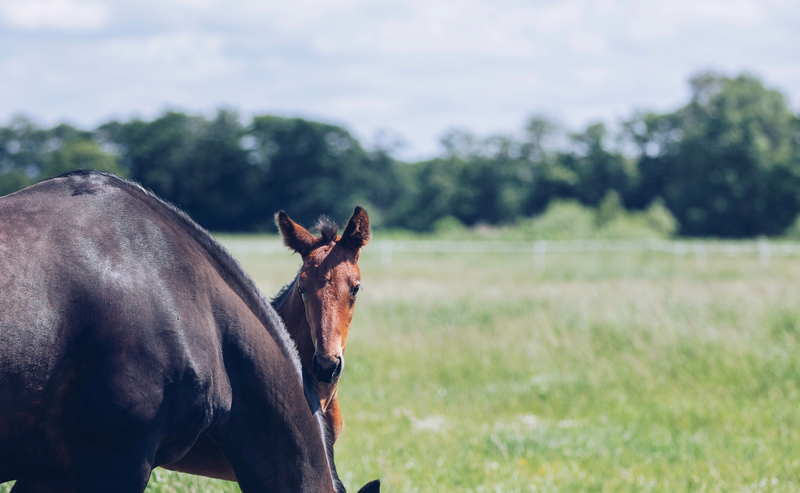Guest Blog: Ellis Jones Solicitors - Buying and Selling Horses - what you need to know!
- HorseQuest

- Aug 20, 2020
- 3 min read
As we all know, buying and selling most big items can be time-consuming and stressful. Buying and selling horses isn’t any different and can sometimes be more stressful - you cannot get a warranty for a horse. As such, it is important to put all agreements in writing.

Buying horses
1. Buying privately
When you buy a horse privately from an individual, as with used cars, the principle of caveat emptor or “buyer beware” applies. This means that the onus is on you as a purchaser to consider every aspect of your purchase.
When buying a horse privately you do not have a right to expect that the horse is of ‘satisfactory quality’ or ‘fit for purpose’ rather the law provides that the horse needs to be as described to you. This means that if you are buying a horse described as competing up to BE100, then the horse must be able to compete at this level. The description is therefore key.
Misrepresentation
Unfortunately, in the advertising process people sometimes make representations which later turn out to be false. A misrepresentation is a false statement which induces (i.e. persuades) someone into entering into a contract. So if you are sold a horse on the basis that it can be ridden and the purpose of the horse was going to be that it could be ridden, and you then find out that the horse cannot be ridden, the statement may amount to a misrepresentation.
Please note that timeframes play a big part in these types of complaint. The reason being that the more time that passes, the more likely the seller will try to show that an issue has developed over time since purchase rather than being there from the offset.
2. Buying from a dealer
As with cars, you have more protection when buying from a dealer than you do when buying from someone privately. The reason behind this is the Consumer Rights Act 2015 (“the Act”). The Act states that the item (here the horse) must be of “satisfactory quality”, “fit for purpose” and “as described”.
Under the Act, you have the right to reject the horse and be entitled to a full refund within 30 days of purchase. You cannot exercise this right if you were aware of the issue when you purchased the horse.
After 30 days, you lose these short-term rights to reject the horse and you will have fewer rights.
It is also important to be aware of scammers when buying a horse- be wary of horses being drugged to mask lameness/ injuries and check that the person is able to legally sell the horse before entering into a contract with them.
Selling horses
If you are selling a horse, the main advice is just to be honest! As with most instances, honesty is the best policy and if you are upfront with the buyer about any issues then it is less likely that there will be any problems later down the line.
Advice on Buying and Selling Horses
Our advice is to have a written contract in place. If you have a contract in place, it will set out the position if an issue is discovered following sale/ purchase. If you do not have a contract in place, the potential claims available to you will be more difficult (although not impossible) as you will be relying upon the original advert, photographic/ video evidence, witnesses, messages/ emails and potentially just each party’s word as to what happened.
We can help you draft a written purchase/ sale contract, please get in touch for more information.
Ellis Jones Solicitors LLP

.png)






Comments